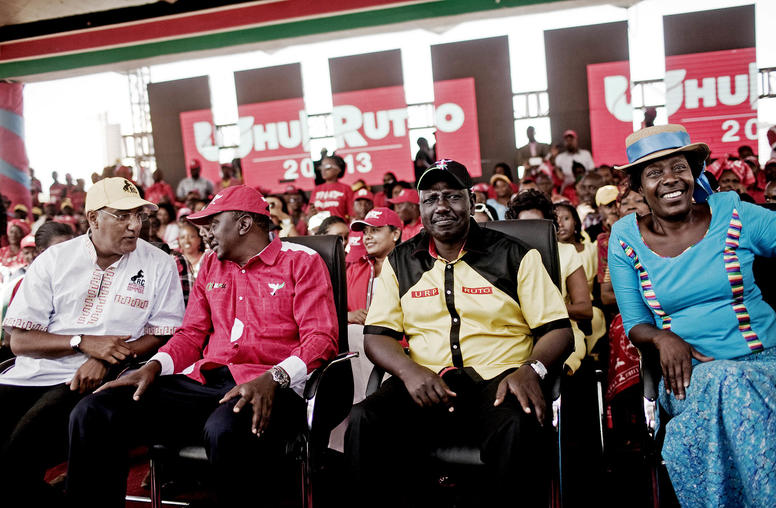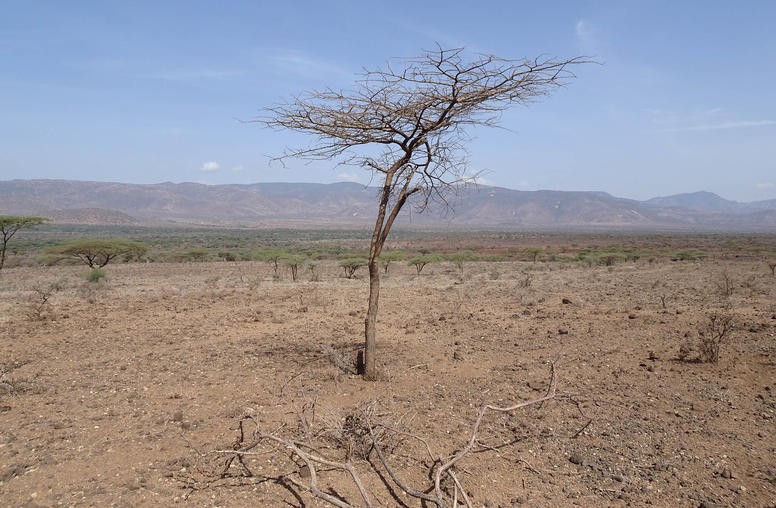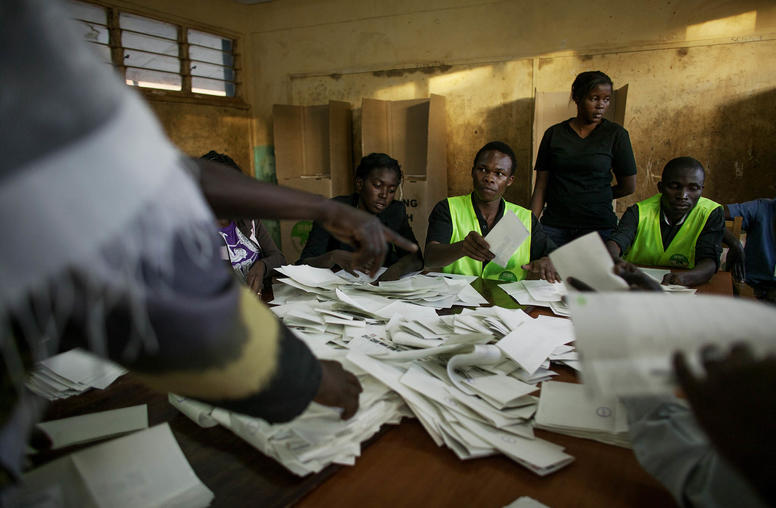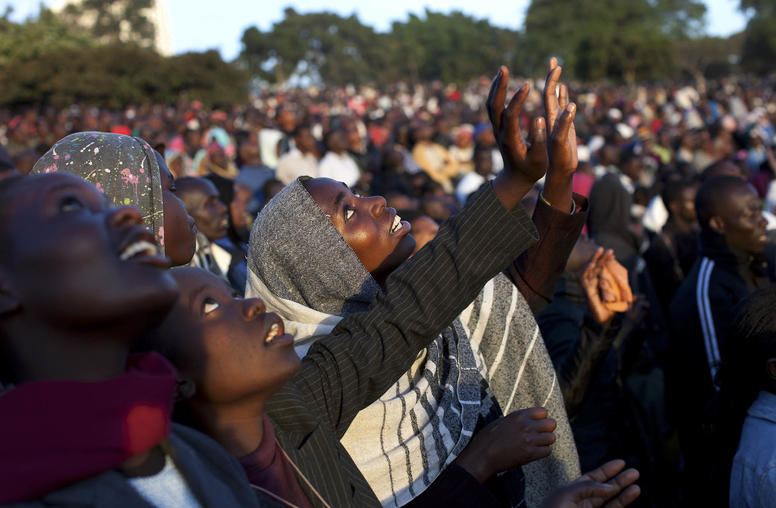What Really Works to Prevent Election Violence?
Experts Review a New USIP Study on Kenya and Liberia
One in five elections worldwide is marred by violence—from burned ballot boxes to violent suppression of peaceful rallies, to assassinations of candidates. A USIP study of programs to prevent violence suggests focusing on improving the administration and policing of elections. The study, of elections in Kenya and Liberia, found no evidence that programs of voter consultation or peace messaging were effective there.
Governments and international organizations invest in many programs—youth engagement, election observation, police training, and civic education—to help poorly governed states or developing democracies hold credible elections. USIP’s new report, “What Works in Preventing Election Violence,” is a piece of the evidence needed to learn which programs work and which do not. Elections experts from Kenya, Liberia and leading U.S. pro-democracy institutions reviewed the findings of this report against their own experiences. Take part in the conversation on Twitter with #ElectingPeace.
Speakers
Pat Merloe
Senior Associate and Director for Election Programs, NDI
John Tomaszewski
Africa Director, IRI
Joshua Changwony
Deputy Executive Secretary, Constitution and Reform Education Consortium (CRECO, Kenya)
Oscar Bloh
Chairman, Elections Coordination Committee (ECC, Liberia)
Inken von Borzyskowski
Assistant Professor, Florida State University
Jonas Claes, facilitator
Senior Program Officer, Center for Applied Conflict Transformation, USIP
Debra Liang-Fenton, facilitator
Senior Program Officer, Center for Applied Conflict Transformation, USIP



